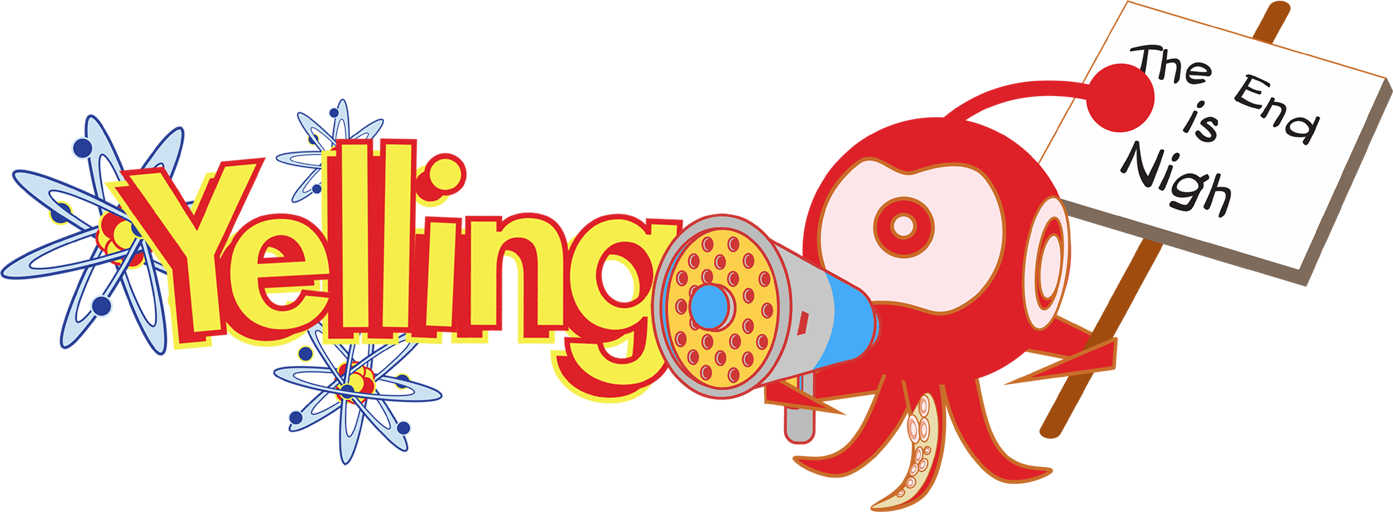Why Persona 4 May Be the Best RPG Ever
By Betsy Bradford
I love Persona 4. I've played through it four times, totaling 320 hours of game play. My Persona Compendium is 100% complete. I've mastered every social link, I've defeated the optional boss, and I've played the true ending on every play-through. Suffice it to say, I've beaten the game thoroughly, and yet I'm still driven to put it back in the ol' PS2 every now and then and play for an hour or so.
Why the love? Simply put, Persona 4 manages to do pretty much everything right. The game deftly combines dungeoneering and visual novels, while also tapping into Jungian psychology and world mythology. A well-crafted storyline and appealing characters bring this all together, making Persona 4 quite possibly the best RPG ever.
For those of you unacquainted with the game, Persona 4 is the fourth game in the Shin Megami Tensei: Persona series put out by Atlus. In Persona 4, you play as a high school student who has just moved out to the country. As soon as you arrive in Inaba, a series of bizarre murders break out. While spending time with your new friends, you discover a secret world hidden inside of the TV. As you explore, it becomes evident that the murders are actually occurring in the TV world, but since you and your friends are the only ones able to go there, you need to solve the mystery before anyone else is killed.
The mystery unfolds slowly, allowing you to explore both Inaba and the TV world and gradually collect clues. Inside the TV, you fight your way through total of eight dungeons. At the conclusion of each dungeon, you fight a powerful "Shadow." The concept of "shadows" comes from Jungian psychology, and represents the darker, suppressed sides of one's personality. Every time the murderer puts a potential victim in the TV world, their Shadow emerges, forcing the protagonist and his friends to defeat it. Once the victim accepts the Shadow as part of themselves, it transforms into a Persona, another Jungian concept meaning an assumed personality, or the aspect of a person that they show to the outside world. In the context of the game, the Persona becomes a powerful fighting force that the characters wield to defeat other Shadows.
Dungeoneering is only one part of Persona 4. Perhaps the most addictive aspect of the game is social links, the ability to interact with characters in the game in a visual novel-esque manner. Throughout the game, you encounter a variety of characters, including family members, students, and work colleagues. By spending time with them, you learn more about their personalities and forge friendships. Even though you get bonuses for completing social links, you'll probably want to do them just because they're fun! Depending on which social links you choose to pursue, you glean insight into the personalities of even minor characters. You can help a murder victim's younger brother deal with his survivor guilt, aid a delinquent coming to grips with his love of sewing, or lead the most popular girl in school to accept herself.
If murder mysteries, dungeon crawling, visual novel action, and Jungian psychology aren't enough to entice you, the Persona series goes further, weaving world mythology into its own mythos. The Personas of the main characters all hail from Japanese mythology. In addition, the protagonist is able to summon multiple Personas, nearly 200 in total culled from many disparate mythologies. You'll find angels from Christianity, Celtic heroes, Norse and Hindu gods, and various other figures. Many of these characters were new to me (Cu Chulain? Mara!), and the game will give you a brief summary of each, if you want to learn more.
Clearly, I love this game! I'm not alone. The rampant popularity of Persona 4 has led to stage shows, magazines, a recent spin-off fighting game, and an anime. The game world is buzzing with Persona love, and I'm adding my voice to the ardent supporters. If you haven't played Persona 4 yet, check it out. You won't be sorry!



